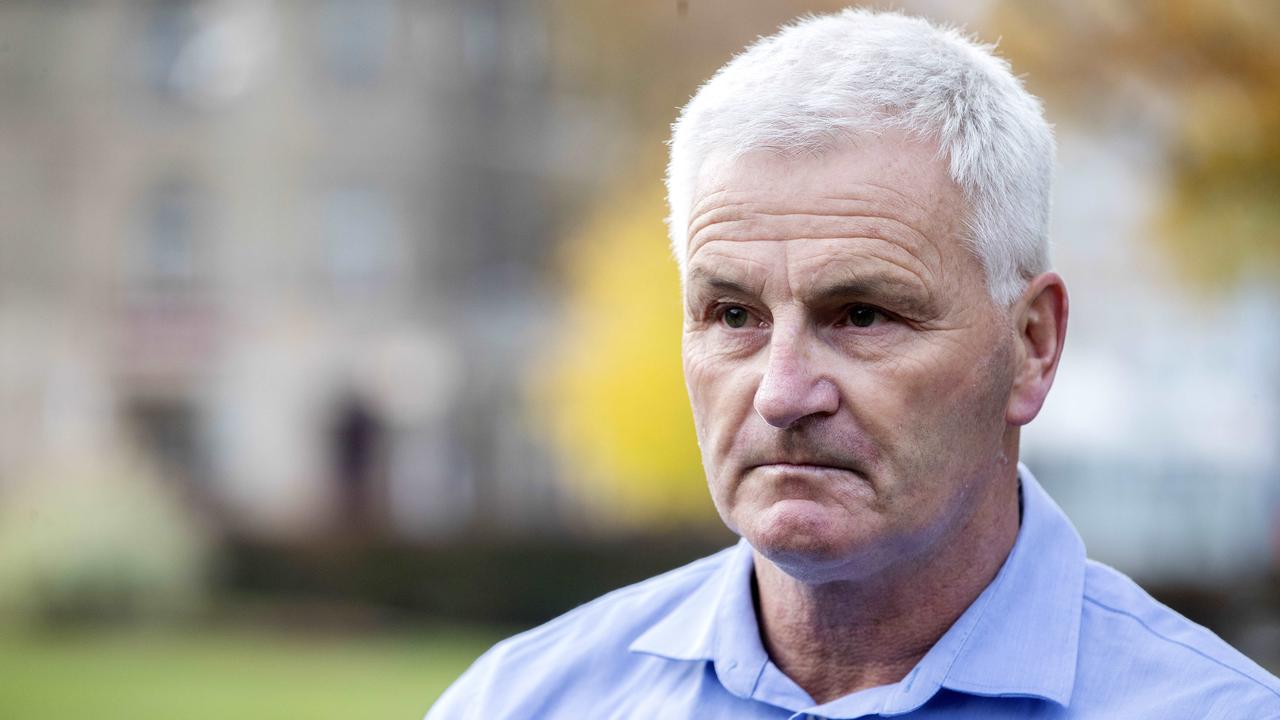What businesses should be open, what businesses should be closed?
Should your business be closed amid stage three lockdown laws? Our Q&A will explain.
UNDER tough new Federally-mandated lockdown laws, the following businesses are not permitted to operate in public places:
As of midnight Monday, March 30, 2020 the following are not permitted to operate:
- Play equipment in public playgrounds and parks.
- Outside gyms, playgrounds and skate parks.
- Boot camps – limited to two people (the trainer and participant).
As of midnight Wednesday, March 25, 2020, the following are not permitted to operate:

- Hotels, motels, hostels, bed and breakfasts and boarding houses (excluding permanent residents and workers). NB: People who are staying at all these accommodation types in Tasmania, have until 11.59pm Wednesday 1 April 2020 to depart. Anyone self-isolating must continue to do so for the 14-day self-isolation period. New bookings cannot be made. See emergency accommodation for travellers for more information
- Caravans, camping parks and campsites (except where people live permanently or if their primary residence isn’t available). NB: People who are staying at caravan parks in Tasmania, have until 11.59pm Wednesday 1 April 2020 to depart
- Amusement parks and arcades
- Auction houses
- Beauty therapy, tanning, waxing, manicure or other nail treatments, tattoos, ear and body piercing, body modification and other similar services
- Boot camps and personal training sessions (excluding outdoor sessions, which are limited to groups of 10 people and social distancing of one person per four square metres applied)
- Cafés (excepting takeaway service and home delivery, cafes or canteens at hospitals, care homes or schools; prison and military canteens; services providing food or drink to the homeless, workplace canteens can provide takeaway)
- Community and recreation centres, unless being used to host essential voluntary or public services, such as food banks or homeless services
- Community facilities, such as halls, clubs and RSLs
- Concert venues, theatre, arenas, auditoriums, stadiums
- Food courts, except for delivery and takeaway
- Funerals maximum attendance of no more than 10 people* and where the one person per four square metre rule applies
- Galleries, museums, national institutions and historic sites
- Hairdressers and barber shops – limited to 1 person per 4 square metre rule and personal contact minimised as much as possible
- Health clubs, fitness centres, yoga, barre and spin facilities
- Indoor and outdoor play centres
- Libraries, community centres and youth centres
- Local government non-essential facilities and services, such as libraries and pools
- Outdoor markets (other than food or farmers markets)

- Places of worship
- Real estate auctions and open house inspections – private inspection appointments permitted
- Saunas, bathhouses and wellness centres
- Social sporting-based activities
- Spas and massage parlours
- Strip clubs, and sex on premises venues
- Swimming pools
- Weddings – maximum attendance of no more than five people and where the one person per four square metre rule applies.
*Additional family members might be able to attend a funeral under special circumstances, provided States and Territories provide the exemption.
MORE NEWS:
Coronavirus: Virgin Australia may not get $1.4b bailout as it considers closing Tigerair base
Cash-strapped tenants advised to access superannuation for rental payments
Taxpayer to front $130 billion pay packet to keep workers on the job
The new closures are in addition to the following facilities, which stopped operating from noon Monday 23 March 2020:
- Pubs, registered and licenced clubs (excluding bottle shops attached to these venues), hotels (excluding accommodation)
- Gyms and indoor sporting venues
- Cinemas, entertainment venues, casinos, and night clubs
- Restaurants and cafes will be restricted to takeaway and/or home delivery
- Religious gatherings and places of worship.
- How long will these measures be in place?
- These measures will be regularly reviewed based on advice from the Australian Health Protection Principal Committee.
- How will businesses be supported during this time?
- The Tasmanian and Australian Governments have announced significant support packages for affected businesses.
- The Tasmanian Government is working with business and industry to provide advice through peak organisations and directly to businesses.
- Both the Tasmanian and Australian Governments have announced significant packages of support with cash payments, tax breaks, and interest free loans to support businesses affected by these necessary changes to help stop the spread of the virus.
- Affected workers will be supported with cash payments, increased jobseeker payments and the ability to access their superannuation early to assist during periods of unemployment relating to COVID-19.
Why are shopping centres still open?
At this time shopping centres remain open to ensure that the community is able to purchase essential supplies and access services. The Government will continue to take advice on as the COVID-19 situation continues.
What are the penalties for non-compliance?
Compliance with the closure measures is compulsory under the law. Non-compliance with these measures can lead to fines and penalties, including three months’ imprisonment.


